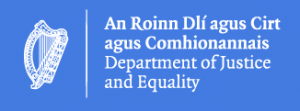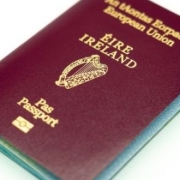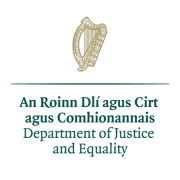NOTICE REGARDING RE-OPENING OF BERKELEY SOLICITORS

Berkeley Solicitors has reopened on the 30th March 2020, following a temporary closure of the office due to the Covid 19 crisis.
On the 29th March 2020, the government directed all residents to stay at home for a 14 day period, with some limited exceptions, in a national effort to restrict the spread of the Covid 19 virus.
It is therefore not possible for Berkeley Solicitors to return to business as normal during this 14 day period, until at least the 12th April 2020.
We are instead returning to work in a limited capacity, with a some changes to our procedures to ensure the safety and protection of our staff and clients.
Our phone lines will be open from 9 am to 12 midday, Monday to Friday. If you wish to contact us outside of these times, please email us and we will revert as soon as possible.
We are no longer arranging consultations in our office in person. All consultations are to be arranged by telephone, Skype or Zoom only.
All documents must be provided to the office electronically in PDF files.
We ask that clients do not call to the office in person to speak with their solicitor, as the solicitors will keep in contact with clients in the normal way by email and phone.
Any payments to be made to the office must be by electronic bank transfer only.
Please note that these new procedures are temporary based on the current exceptional circumstances, and we look forward to returning to work as normal on or after the 12th April next.
We will continue to update you on the development’s in this regard.
We thank you for your patience and support in complying with our new temporary procedures.
Best wishes,
Berkeley Solicitors







